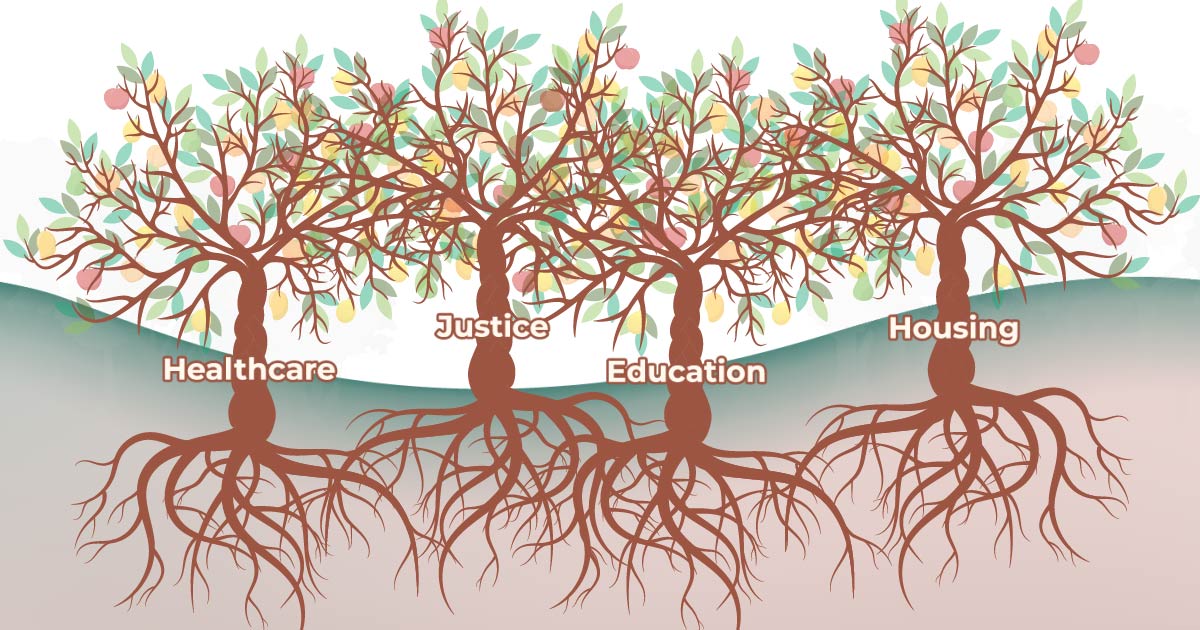Mathematica provided recommendations to the White House Office of Science and Technology Policy in response to its request for information to assist in developing a coordinated federal strategy to identify and address gaps in science, data, and research related to environmental justice.
“Some communities suffer a greater burden than others from environmental issues such as floods, drought, wildfires, and poor air and water quality,” wrote Mathematica. “Helping to directly engage these communities as valued collaborators in or drivers of research that aligns with and emphasizes their interests, needs, and values is critical. Implementing collaborative, participatory methods with communities can actively disrupt the status quo often experienced by the people and communities being studied.”
Drawing on its expertise in participatory research and community-engaged data collection and analysis, Mathematica provided insights to empower communities to take the lead in driving equitable outcomes. Suggestions from Mathematica included:
- Developing a community engagement plan to change the common frame of research from one that is carried out to, about, or for a community to one that is with or by community members.
- Ensuring that effective, respectful, and meaningful public engagement is built into the process at each phase of the research cycle.
- Considering the potential for physical risks encountered during community engagement, such as environmental disasters.
- Collaborating with community-based organizations that already do environmental justice research.
- Understanding the historic marginalization and oppression of communities affected by environmental injustice.
- Encouraging and supporting participatory science and meaningful community engagement by providing communities with specific tools that help illuminate conditions or circumstances.
- Integrating participatory science into agency decision making by considering expanded approaches that increase levels of community engagement among clients, funders, and other organizations.
Contact
-
Mike Burns
mburns@mathematica-mpr.com
202-484-4683


